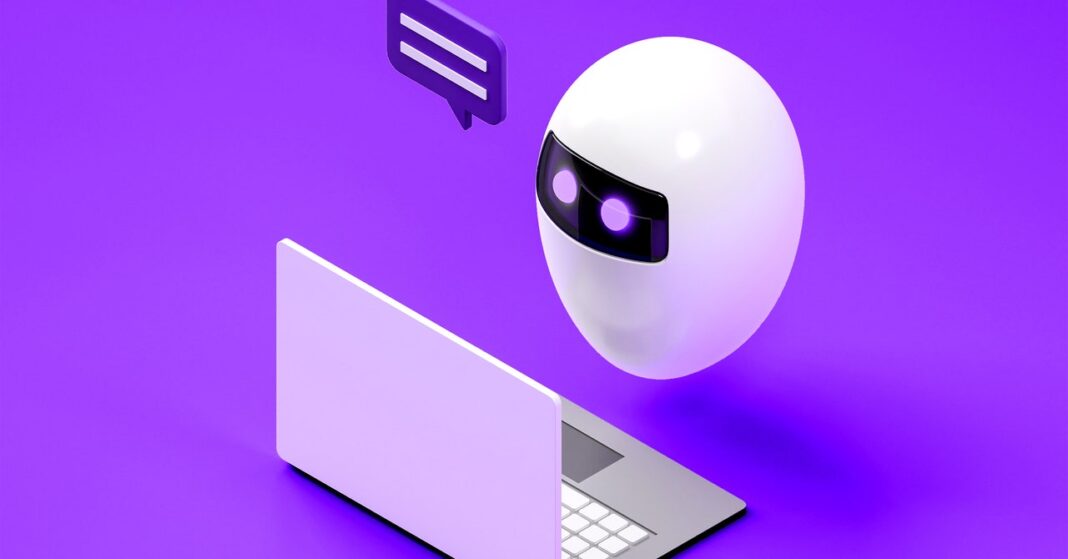In Short:
Quora’s AI chatbot, Poe, is allowing users to download articles from paywalled sites as HTML files. Users can prompt the bot with article URLs, and it will provide a summary and a downloadable file. Critics argue this raises copyright concerns, as Poe’s servers store copies of the articles. Quora disputes this, claiming Poe is like a cloud storage service. Media executives have observed Poe bots accessing their sites after prompting the chatbot.
Poe AI Chatbot Platform Providing Users with Downloadable HTML Files of Paywalled Articles
Poe, an AI chatbot platform owned by the question-and-answer site Quora and backed by a $75 million Andreessen Horowitz investment, is now offering users the ability to download HTML files of articles published by paywalled journalistic outlets.
Content Access and Download Process
Users can prompt the service’s Assistant bot with the URL of a desired article, such as a recent WIRED story, to receive a detailed 235-word summary and a 1-MB file containing an HTML capture of the entire article. These files can be downloaded directly from Poe’s servers through the chatbot interface.
Accessible Sites and Concerns
WIRED was able to retrieve articles from paywalled sites like The New York Times, Bloomberg Businessweek, The Atlantic, Forbes, and others by entering URLs into the Assistant bot. This development raises concerns about intellectual property law and copyright infringement within the AI industry.
Expert Opinion and Controversy
According to James Grimmelmann, a professor of digital and information law at Cornell University, making copies of articles on Poe’s servers could constitute copyright infringement. Quora defends the platform by likening it to a cloud storage service and maintains that it operates within copyright law.
Industry Response
A Quora spokesperson explains that Poe is a platform for interacting with AI bots and emphasizes that user-directed file attachments on the platform are created similarly to other online storage and clipping services. The AI industry’s approach to copyright and intellectual property is a growing concern for sectors like journalism and music.
Andreessen Horowitz did not respond to a request for comment.





